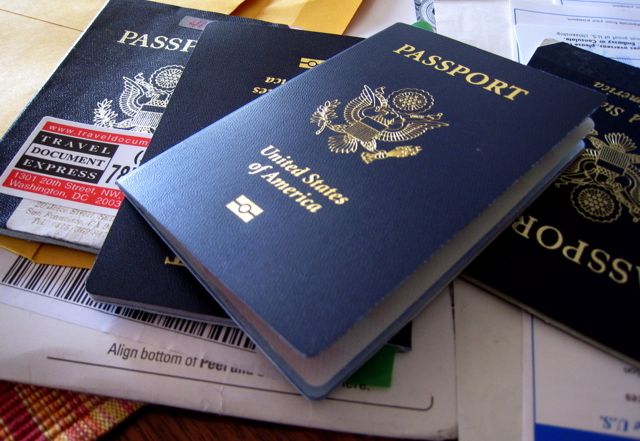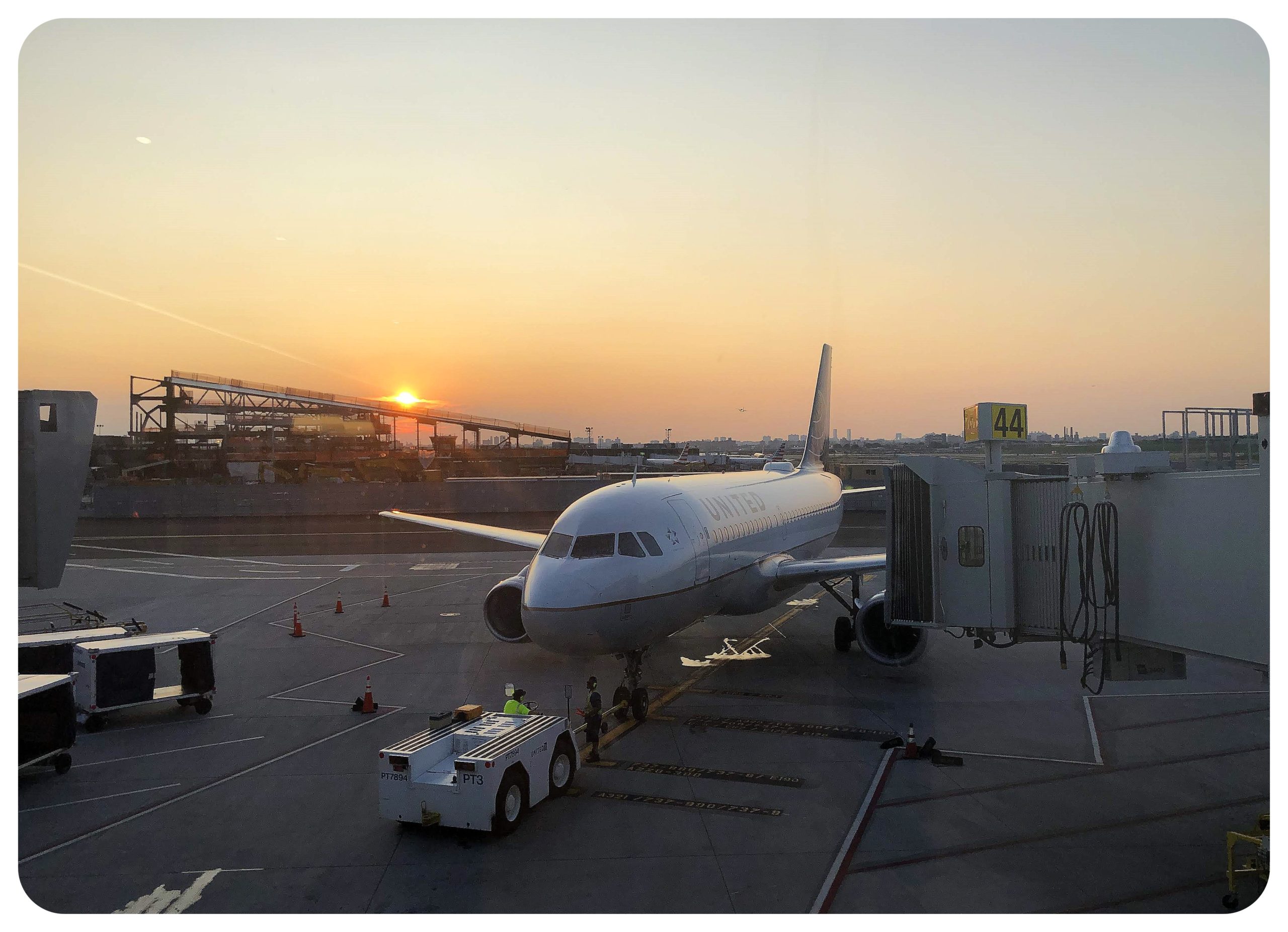Last Updated on August 26, 2024
Traveling the world is a challenging feat. It’s the chance of a lifetime to experience the entire world around you. It can be overwhelming to know where to get started. How much money do you need? What documentation should you gather? It’s good to be prepared beforehand and learn to travel the world intelligently to maximize your experience.
10 Useful Tips for a successful trip
1. Get the Right Documents
To travel the world successfully, you’ll need documentation to get into most, if not all, international countries. A passport gives you access to many different countries. According to AlliedPassport, a strong passport can give you easier access to countries, some even without a visa, if the passport is from a reputable country. Additionally, you’ll need to double-check your target country’s visa requirements. If a country requires a visa regardless of your passport type, you must acquire one. Travel tickets, such as boarding passes or train tickets, are also necessary. Certain countries will need medical records, such as proof of certain vaccinations—having copies of this documentation can be incredibly beneficial on your travels. Keep essential documentation, money, identification, and credit cards safe and dry.

2. Dress Appropriately
When traveling the world, you’ll experience a variety of climates—hot, cold, humid, dry, rainy, snowy, sandy, and more. You’ll need to be prepared to walk around in varying climates. If you prefer to pack light on your world travel, you can buy local attire whenever possible. However, you need at least one outfit to help you get through hot and cold weather. Additionally, world travel requires a lot of walking; bring decent walking shoes or hiking boots when you can. Sometimes, other cultures expect certain attire or modesty; remember other cultures when traveling, especially if you wish to exhibit respect.
3. Do Your Research
Research a country before making an itinerary there or traveling somewhere within. You’ll need to learn a little about the country’s culture, language, currency, cuisine, expectations, travel requirements, closures, etc. If you go into a totally unfamiliar country unprepared, you can get lost, hurt, or have a bad time. You can miss critical destinations or excursions without prior preparation. You may not even be allowed in the country without proper documentation, so prior research is vital. You don’t have to learn an entire language or memorize every distinct fact about the country’s culture, but you also don’t want to be completely unfamiliar.
4. Listen to the Locals
By listening to and respecting local customs and tips, you can have a richer experience. No one knows their country like the locals; if a local recommends a dish or experience, you’re very likely better off trying it. Locals can help you navigate to a destination or find a particular experience. Of course, you don’t want to bother residents trying to live their daily lives, but many people enjoy helping others experience their land and culture. Just be respectful!
5. Know Self-Defense
No one wants to think about crime and violence, but traveling can be dangerous no matter where you go, as there are bad actors everywhere, especially when it comes to tourists who look particularly lost or wealthy. Knowing self-defense may help save your life in many situations. However, there are some instances where it’s just not worth it to risk your life, such as when guns are present. Your money isn’t as important as your life. Research crime rates and areas with heavy crime when traveling to lower the risk of issues.
6. Use Public Transit
Many cities offer public transportation to their citizens to help them travel, such as buses, subways, trains, or bicycles. Instead of renting an expensive vehicle everywhere, take advantage of public transit as much as possible. You can save hundreds or even thousands of dollars on your travels using cheap transportation. Not every city or country offers public transit, but many do.
7. Stay Connected
If you have friends and family back home, stay connected. It’s a good idea for people to know where you are and what you’re doing while traveling in case of emergencies or accidents. It may seem tempting to ‘go off the grid,’ but you can share the excitement of your travels and ease the minds of your family members by keeping in touch.
8. Consider Your Budget
Traveling is expensive, and having a good time when you’re strapped for cash can be difficult. Consider making a budget for each country you visit. Include a fund for emergencies if an accident occurs. Subtract your expenses from your total income to start a reasonable travel budget. Eating at a thousand-dollar restaurant may seem exciting, but if you’re broke for the rest of your three-week trip, you will probably have a bad time.
9. Book in Advance
Many enjoy world travel for the thrill and prefer to go with the flow. Going with the flow is fine if you’re open-minded and ready to fly where the wind takes you. However, if there are specific experiences, lodgings, or itineraries you want to follow, consider booking as much as possible in advance to avoid missing out. It’s not unusual for hotels to run out of room or for tours or excursions to sell out. If you’d rather not book in advance, prepare to have a Plan B for all of your goals.
10. Have Fun
Make sure you’re having fun regardless of your reason for world travel. If you try to cram too many destinations or itineraries into one day or week, you may find yourself burnt out and unable to enjoy where you’re visiting. Take the time to relax. It’s okay, and even encouraged, to have travel goals, but manage your expectations when excursions are closed or an emergency happens.






